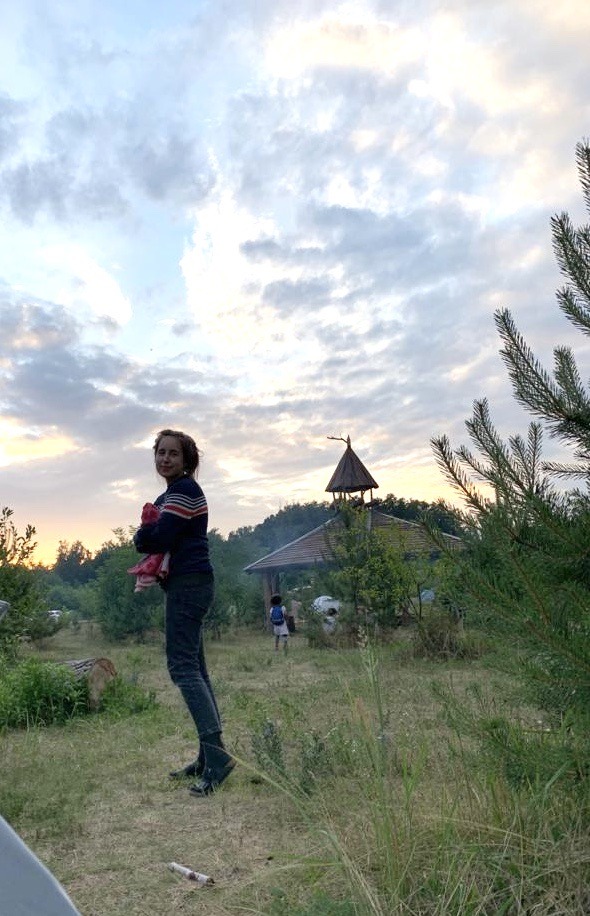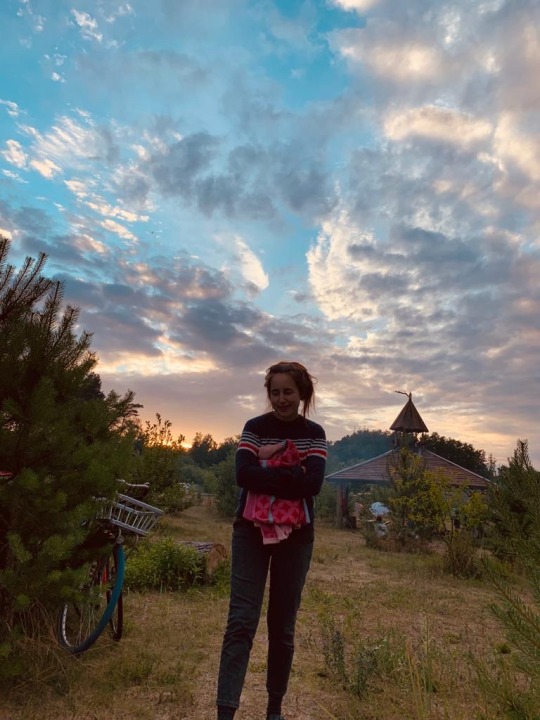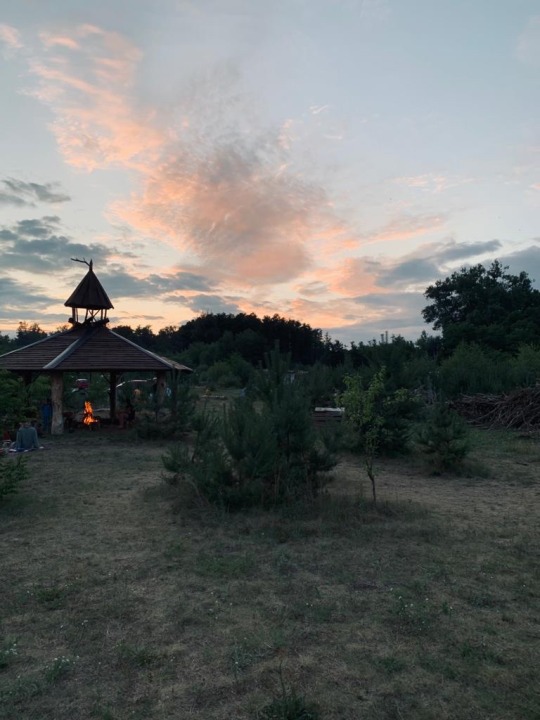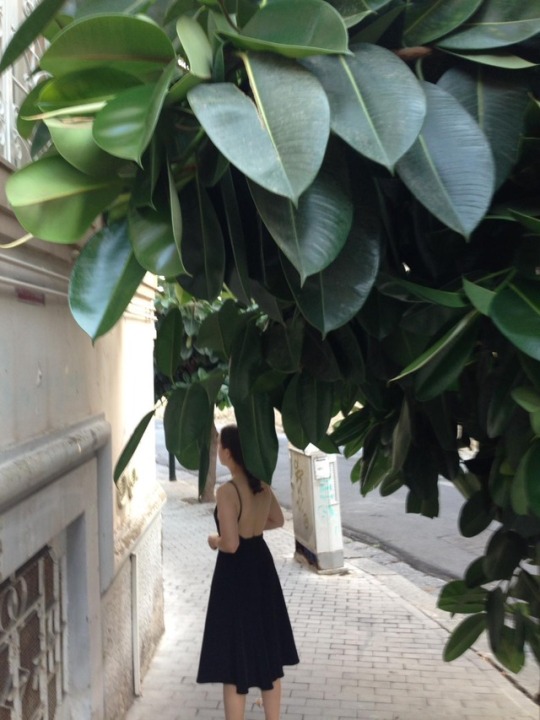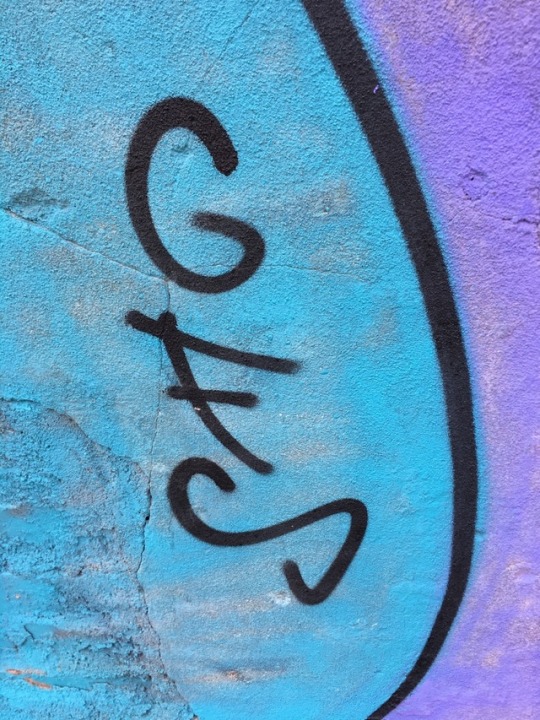#bebson
Audio
Lady Aicha & Pisko Crane's Original Fulu Miziki of Kinshasa - N'Djila Wa Mudujimu (Nyege Nyege Tapes)
In 2003, Pisco Crane assembled a six-piece band from motivated and talented like minds in the Kinshasa slums where he grew up. Pisco had been involved with a handful of local rap acts when he was younger, but after meeting legendary instrument builder Bebson De La Rue, he was inspired to follow a new path. He set about building instruments from the discarded trash that surrounded his city: bits of old computers or oil cans were fashioned into bass guitars and drums, and keyboards were bashed together using springs, metal pipes, and offcuts of tubing.
If there was a core philosophy that guided Pisco at this stage in his journey, it was that everyone should have access to instruments, no matter where they come from or what their budget might be. And following in the footsteps of Bebson, Pisco locked into a Congolese tradition that touches on the eccentric genius of globally lauded artists like Konono Nº1 and Staff Benda Bilili. Over the years, Fulu Miziki's notoriety grew in the Kinshasa underground – their utopian vision of the future was infectious. Eventually, they were joined by performance artist, sculptor and fashion designer Lady Aisha, who offered the band unique colour and a soulful central focus.
Influenced by Kinshasa's street performance scene, Aisha helped the band devise vivid masks and costumes that were as electric and singular as the instruments they played, and the scene was set. In 2020, as the world was plunged into lockdown, footage of Fulu Mziki went viral and their star began to grow exponentially, with a video of the band preforming the track ‘Tikanga’ racking up millions of views on Facebook. The band used this opportunity to work on documenting their sound, and shored up at the Nyege Nyege studios in Kampala for a year to assemble a definitive album. Recorded by HHY & The Macumbas' Jonathan Saldanha, this record captures the band's furiously innovative mixture of industrial sonics, spiritual jazz, punk, and Congolese soukous pressure.
Pisco and Lady Aicha currently lead a different outfit in Kinshasa made up of completely new musicians. This full-length is the remaining proof of Fulu Mziki at their most vital and most complete – it won't be repeated – and can never be recreated. It's an essential portrait of one of the Democratic Republic of Congo's most innovative contemporary outfits, and some of the most surprising hybrid music you're likely to hear.
Produced, Recorded & Mixed by Jonathan Uliel Saldanha
Photography by Mantas Kvedaravicius.
Artwork & Graphic layout by Jonathan Uliel Saldanha
youtube
#fulu miziki#drc#république démocratique du congo#electronic#percussion#world music#krautrock#2022#nyege nyege tapes#jonathan uliel saldanha#pisco crane#lady aicha
6 notes
·
View notes
Photo
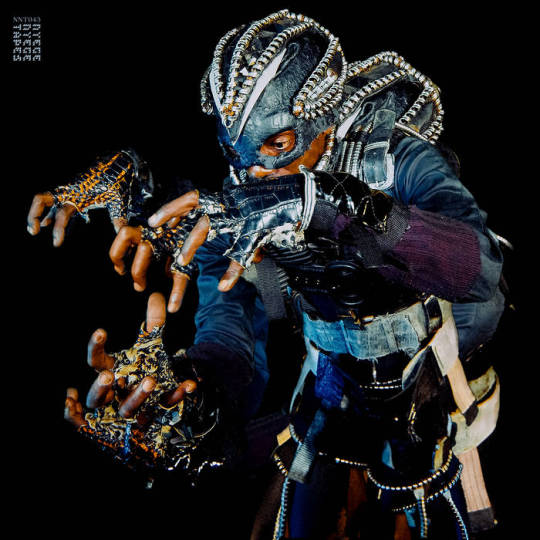
(▶︎ N'Djila Wa Mudujimu | Lady Aicha & Pisko Crane's Original Fulu Miziki of Kinshasa | Nyege Nyege Tapesから)
N'Djila Wa Mudujimu by Lady Aicha & Pisko Crane's Original Fulu Miziki of Kinshasa
In 2003, Pisco Crane assembled a six-piece band from motivated and talented like minds in the Kinshasa slums where he grew up. Pisco had been involved with a handful of local rap acts when he was younger, but after meeting legendary instrument builder Bebson De La Rue, he was inspired to follow a new path. He set about building instruments from the discarded trash that surrounded his city: bits of old computers or oil cans were fashioned into bass guitars and drums, and keyboards were bashed together using springs, metal pipes, and offcuts of tubing.
If there was a core philosophy that guided Pisco at this stage in his journey, it was that everyone should have access to instruments, no matter where they come from or what their budget might be. And following in the footsteps of Bebson, Pisco locked into a Congolese tradition that touches on the eccentric genius of globally lauded artists like Konono Nº1 and Staff Benda Bilili. Over the years, Fulu Miziki's notoriety grew in the Kinshasa underground – their utopian vision of the future was infectious. Eventually, they were joined by performance artist, sculptor and fashion designer Lady Aisha, who offered the band unique colour and a soulful central focus.
Influenced by Kinshasa's street performance scene, Aisha helped the band devise vivid masks and costumes that were as electric and singular as the instruments they played, and the scene was set. In 2020, as the world was plunged into lockdown, footage of Fulu Mziki went viral and their star began to grow exponentially, with a video of the band preforming the track ‘Tikanga’ racking up millions of views on Facebook. The band used this opportunity to work on documenting their sound, and shored up at the Nyege Nyege studios in Kampala for a year to assemble a definitive album. Recorded by HHY & The Macumbas' Jonathan Saldanha, this record captures the band's furiously innovative mixture of industrial sonics, spiritual jazz, punk, and Congolese soukous pressure.
At their best, Fulu Mziki sound almost completely out of time, curving pounding rhythms around microtonal clanks, rousing chants and spiky sonics. On 'Mutangila', there's a hint of disco in the 4/4 stomp, but it's been shifted into a post-punk ritual, adorned with complex bell percussion and overlapping vocals. 'Congo' is even harder to define; electrified buzzes form a bassline, but it's the mindboggling rhythms that shuttle the track into psychedelic realms, led confidently by Lady Aisha's limber rhymes. Fulu positively slither on the sultry, industrial-influenced 'Sebe', while 'Tikanga' reminds of Congo's rumba-derived soukous traditions, materializing the sounds into the future with tight, pounding percussion and head-melting fx.
The story of Fulu Miziki is sprawling and complex and constantly evolving, with various offshoots and band iterations. Two members left the band in 2016 to form KOKOKO! with French producer Débruit. Not long after they recorded this magnum opus album, several other original members left to form a similarly named outfit currently based in Europe. This other incarnation recently released an EP of electronic productions without the band founder Pisko Crane and lead vocalist Lady Aicha, on the UK based Moshi Moshi records.
Pisco and Lady Aicha currently lead a different outfit in Kinshasa made up of completely new musicians. This full-length is the remaining proof of Fulu Mziki at their most vital and most complete – it won't be repeated – and can never be recreated. It's an essential portrait of one of the Democratic Republic of Congo's most innovative contemporary outfits, and some of the most surprising hybrid music you're likely to hear. クレジット2022年10月21日リリース
Produced, Recorded & Mixed by Jonathan Uliel Saldanha
Photography by Mantas Kvedaravicius.
Artwork & Graphic layout by Jonathan Uliel Saldanha
Mastered & Cut by Angström Mastering
2 notes
·
View notes
Note
bebson



BEBBSON ^_______^
2 notes
·
View notes
Audio
(via https://open.spotify.com/track/1myUZ2ealNZckbQrdwFOhz?si=9LUJSBiDQECKPMrisqPi7g)
0 notes
Text
Mieliśmy przyjemność zrobić matę #mma na gale Bebson Arena #bebsongoldteam 🔥🔥🔥🔥 mega atmosfera 🔥🔥🔥😁👊😁
0 notes
Text
Es wäre schön, wenn ich dich wieder meine Freundin nennen könnte. Einfach mein Mensch. Mein Mädel. Meine Perle. Das Bebson.
0 notes
Video
youtube
DRC Music - K-Town (Feat. N'Gotshima and Bebson)
#DRC Music#K-Town#N'Gotshima#Bebson#damon albarn#Kinshasa One Two#electronic#electronic music#music#music video#musicvideo#outofnoplace#chillout
0 notes
Audio
#drc music#k-town#kinshasa one two#n_gotshima#bebson#Tassi's song of the day#triomusicblog#damon albarn
5 notes
·
View notes
Video
youtube
DRC Music : Kinshasa One Two - K-Town (feat. N’Gotshima and Bebson) (Warp Records)
Depuis que les outils de composition musicaux sont plus accessibles, il aurait été stupide de penser que l’Afrique allait rester, une fois de plus que le carreau. Si l’on connaissait l’immanquable afro beat, le krautrock à l’africaine (si si), et autres velleiltés funky et/ou progressives de la musique native du continent, on a avec ce "Kinshasa One Two" quelque chose s’inscrivant davantage dans une electronica hybride, entre dub, abstract hip hop et tradition.
Et on ne peut que remercier Damon Albarn (probablement un des derniers artistes à la véritable démarche de “passeur”) d'avoir parcouru tout le Congo pour enregistrer cet album en très bonne compagnie par ailleurs (de tête Dan The Automator, Richard Russell et Actress entre autres). Un aperçu alléchant d’une musique africaine moderne donc, à l'originalité sans frontières.
1 note
·
View note
Text

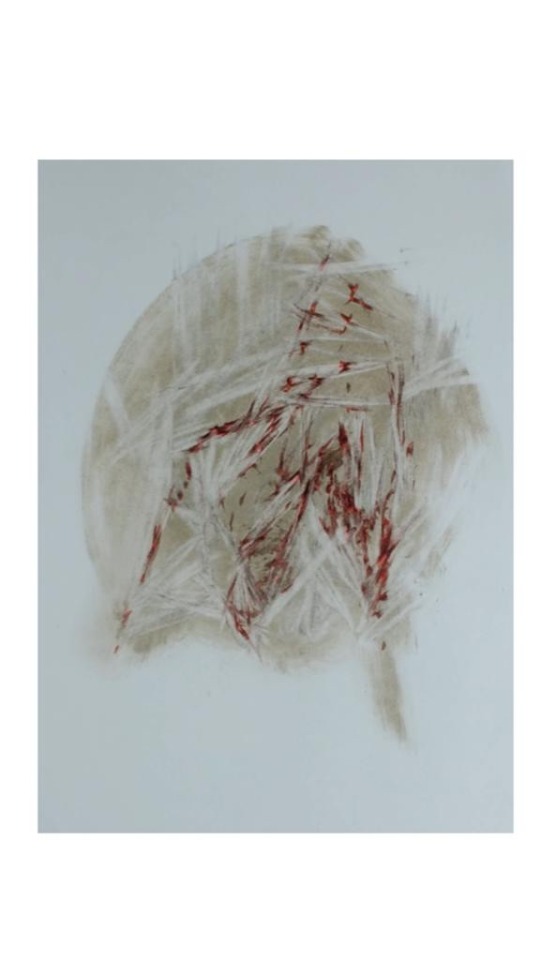
3 notes
·
View notes
Text

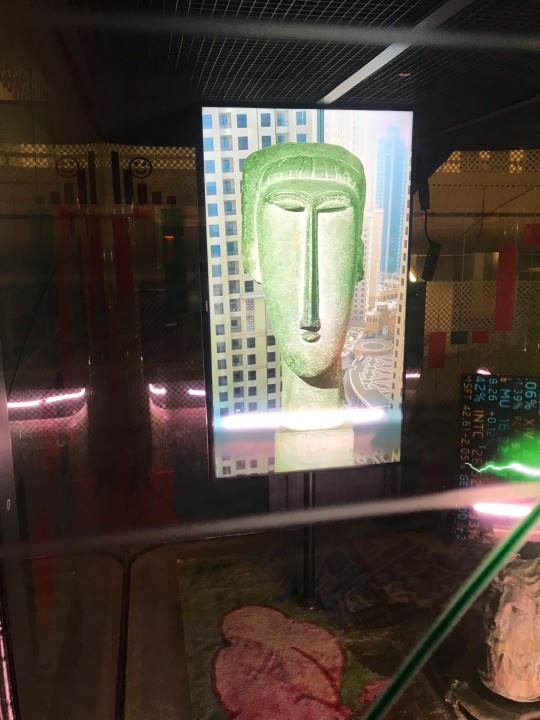
1 note
·
View note


